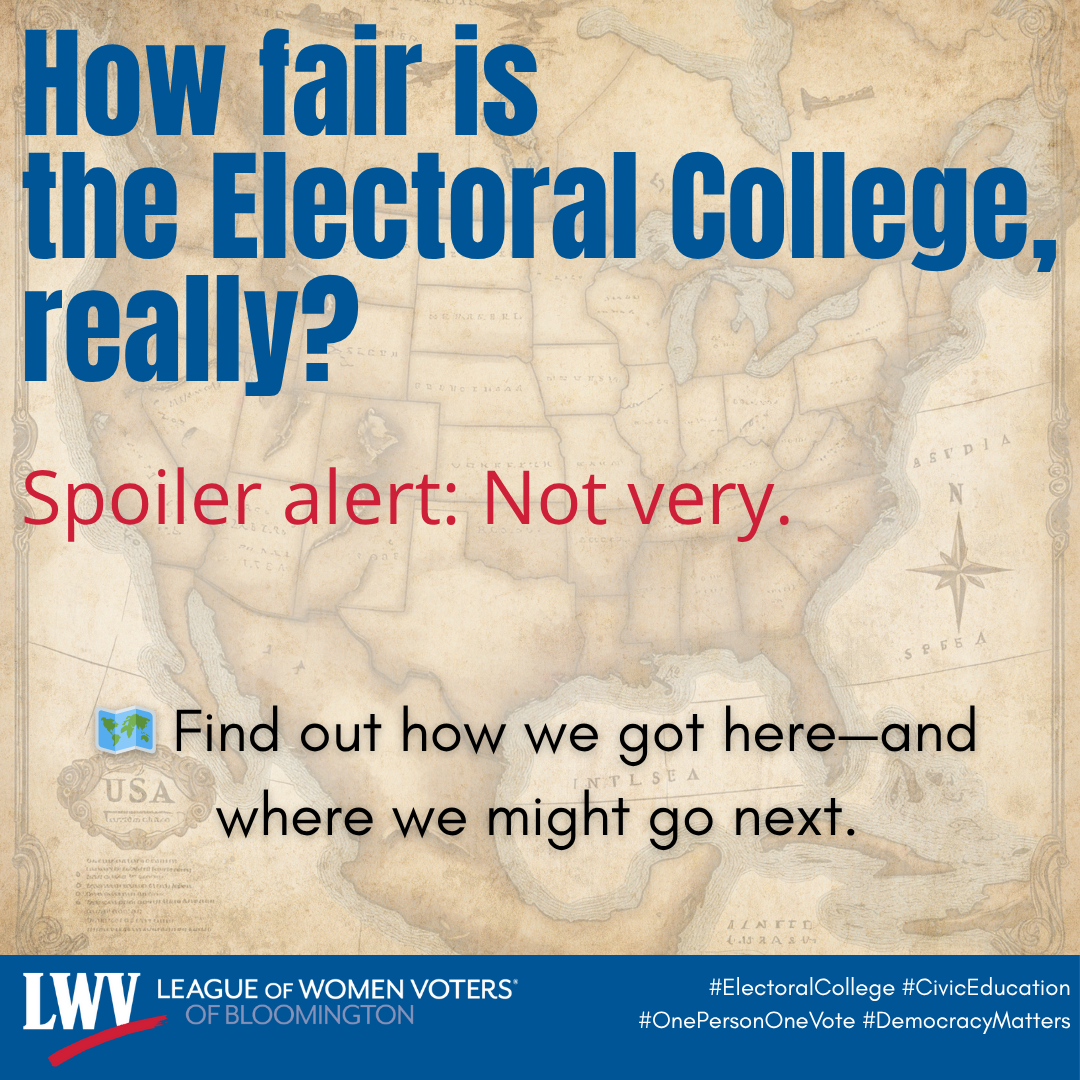
The Electoral College: Outdated Compromise or Essential Safeguard?
We don’t really vote for president—electors do. The Electoral College was built as a compromise in 1787, but today it decides who wins (and sometimes who doesn’t). Is it protecting democracy—or rigging it? Let’s talk about why your vote still isn’t equal.
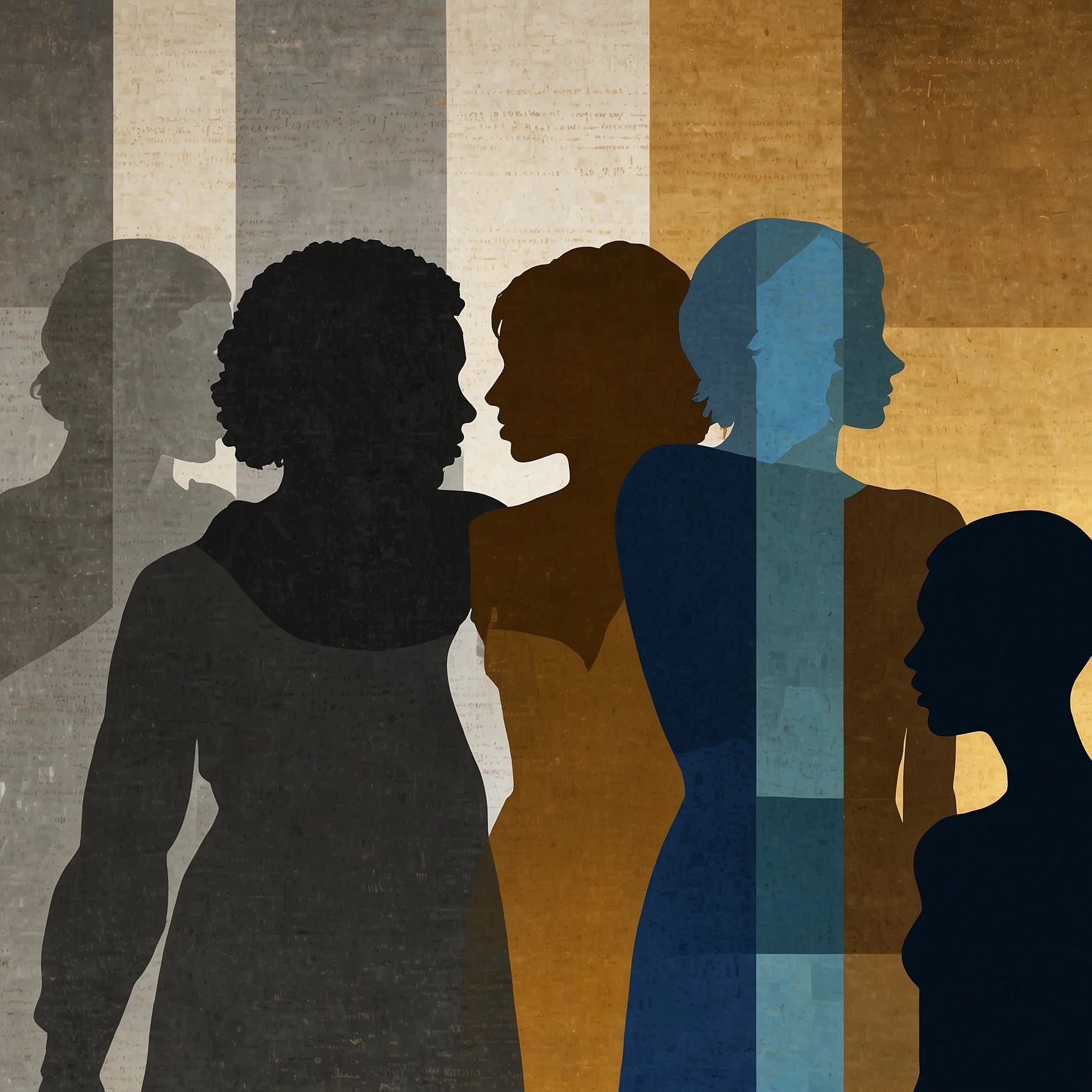
Equal Protection: Not All Discrimination Is Illegal?!
What does “equal protection under the law” really mean? From school segregation to marriage equality, the 14th Amendment has shaped civil rights in America—but not all government discrimination is unconstitutional. Why does race trigger strict scrutiny while age often gets a pass? Let’s break down how the courts decide what's fair—and what's not.
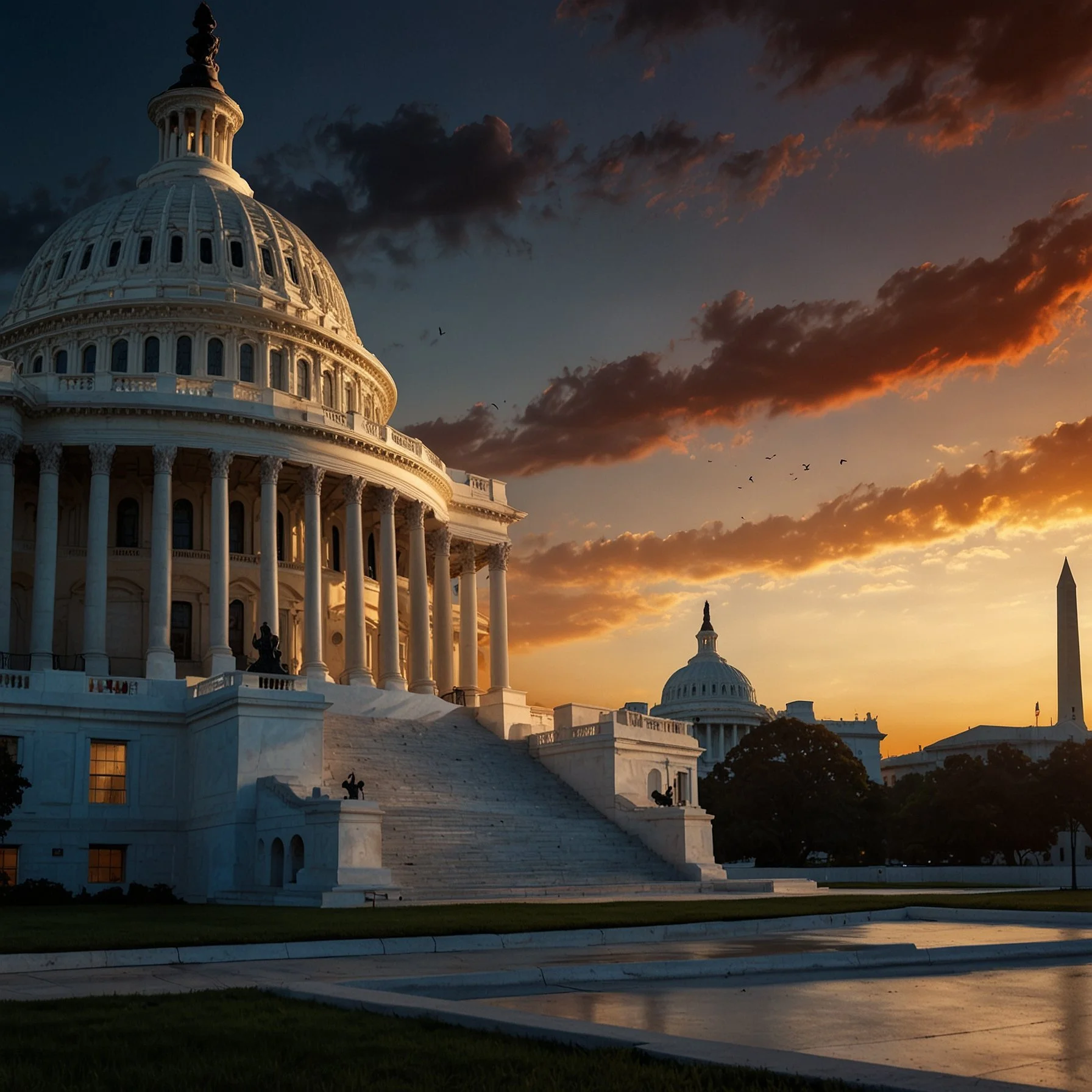
The Great Abdication: How Congress Broke the Constitution
The Founders designed Congress to be the heart of American democracy — the branch closest to the people and strongest under the Constitution. But over time, Congress has surrendered its own powers to the president, the courts, and federal agencies. This “great abdication” has left our government unbalanced, polarized, and dangerously vulnerable to autocracy.
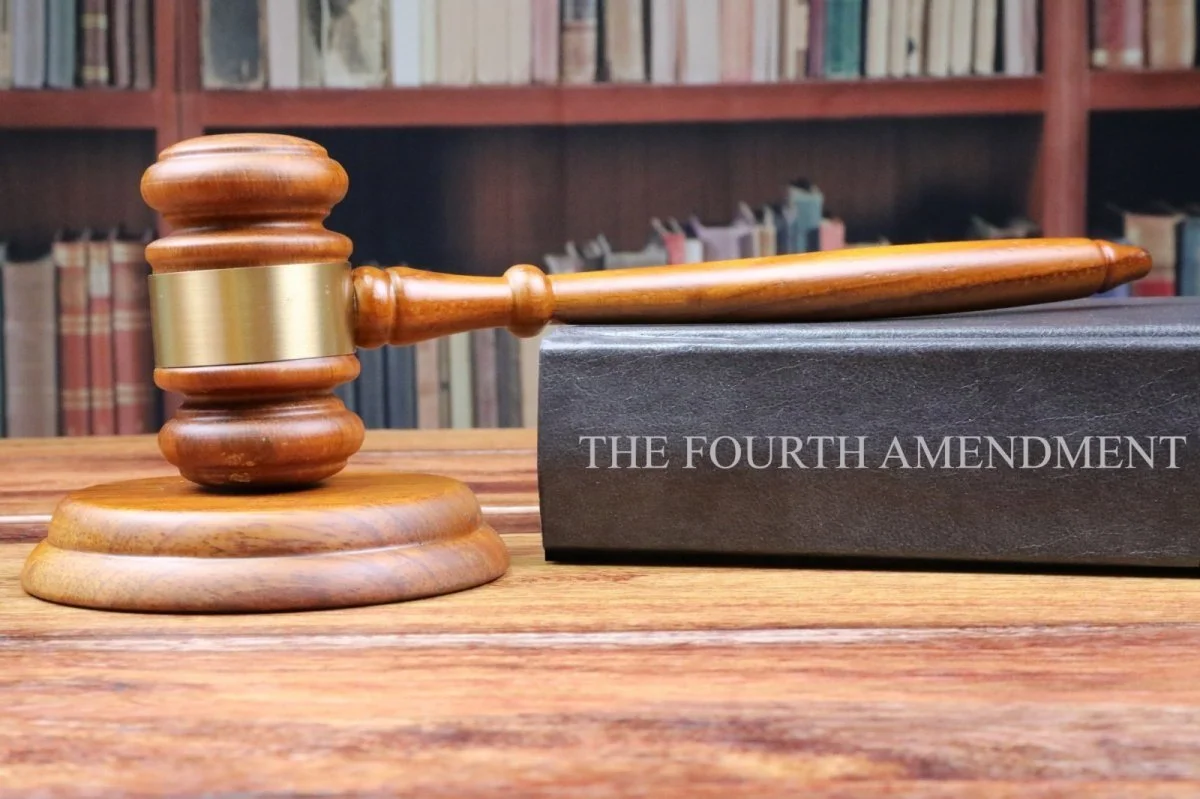
Privacy, Police, and Probable Cause: The Fourth Amendment Unpacked
As part of our Road to 250 series celebrating the 250th anniversary of American independence, this post looks back at the most famous—and infamous—moments when our government’s branches have gone too far. From Lincoln’s wartime actions to landmark Supreme Court and Congressional missteps, overreach isn’t just a modern concern—it’s woven through our history. Join us as we explore these pivotal episodes and reflect on why strong checks and balances remain essential for a healthy democracy
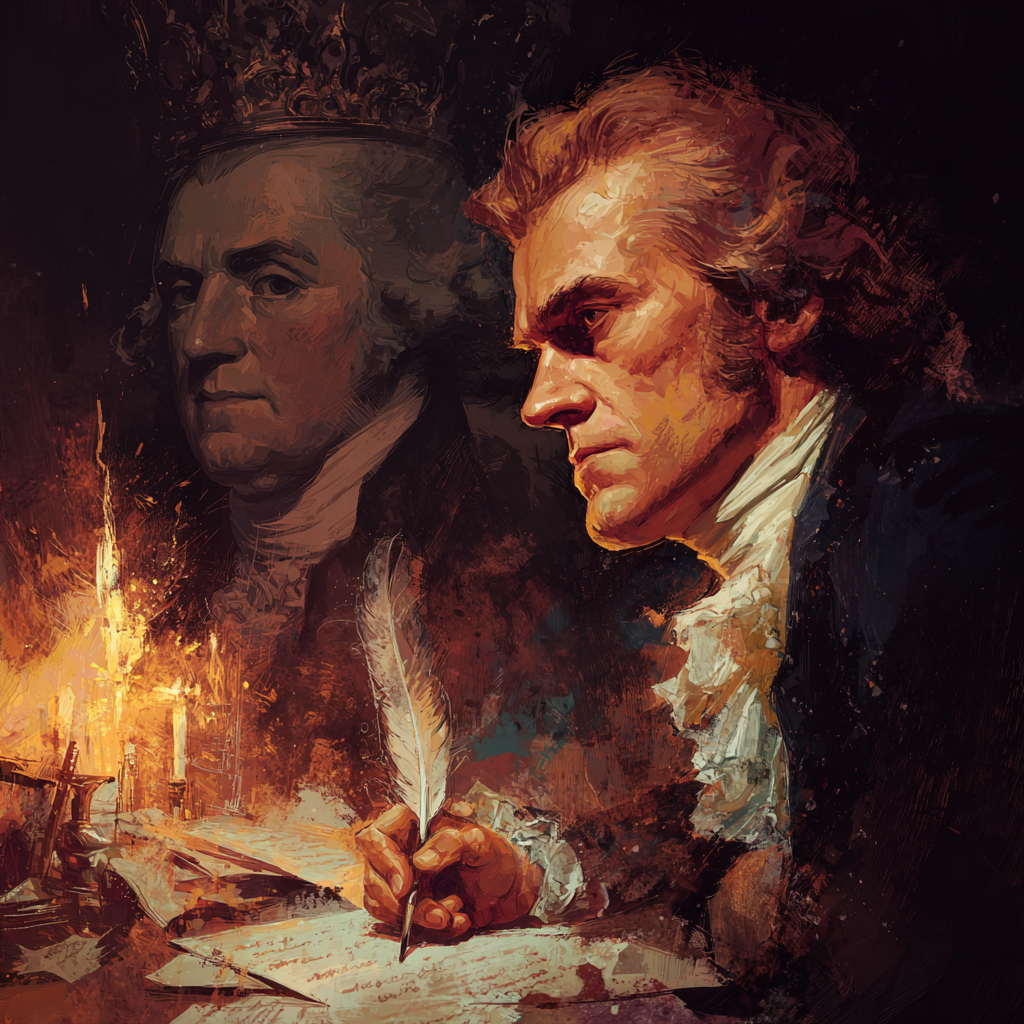
The Audacity of the Declaration of Independence
In 1776, Thomas Jefferson picked up a pen and committed treason. At just 33 years old, he wrote the Declaration of Independence — accusing King George III of tyranny, laying out the case for self-government, and risking death with every stroke of his quill. Imperfect though it was, the Declaration remains one of the boldest acts of rebellion in history.
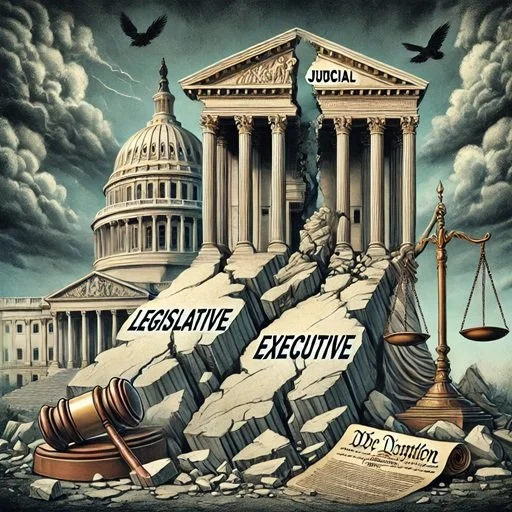
Checks and Balances: A Brilliant Design, But Is It Still Working?
Welcome to the "Road to 250," a series exploring the foundations of American democracy as we approach its 250th anniversary. In this post, we take a hard look at checks and balances—how they were designed to prevent tyranny but are faltering in today’s political climate. From Congress ceding power to the executive branch to courts stepping into policymaking, the balance of power is out of sync. Can we restore it? Dive into the history, challenges, and solutions for this critical system.

The Founders Weren’t Perfect — But They Changed the World
The Founding Fathers were deeply flawed — they compromised on slavery, excluded women, and left contradictions we still struggle with today. But they were also the first in history to build a nation on the radical idea that people could govern themselves. Rebels with a cause, they gambled everything on an experiment in self-government — and changed the world.
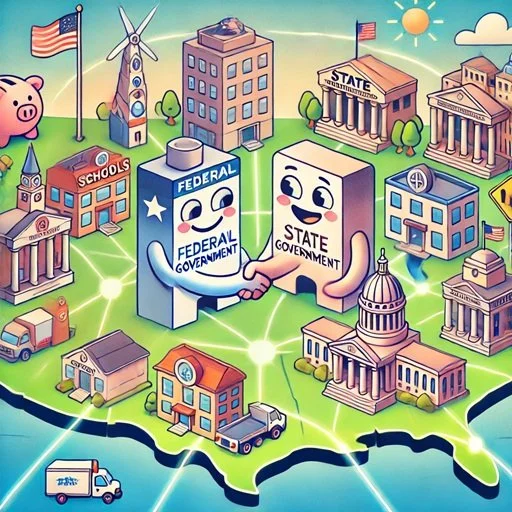
From Conflict to Collaboration: Rethinking State vs. Federal Power
What happens when states and the federal government stop fighting and start collaborating? Cooperative federalism offers a model where shared goals drive innovation and compromise—even in today’s polarized political climate. In this post of the Road to 250 series, we explore insights presented by Heather Gerken, the Dean of Yale Law School on how cooperation can strengthen democracy while addressing complex challenges like healthcare and education.

One Person, Four Votes? The Unequal Math of the Electoral College
Think you vote for the president? Not exactly.
The Electoral College decides—and it doesn't treat all votes equally. In this post, we break down how the system works, why it was created, and why it’s under fire today. From unequal voting power to swing state dominance, find out why many Americans are questioning whether the Electoral College still fits a modern democracy.
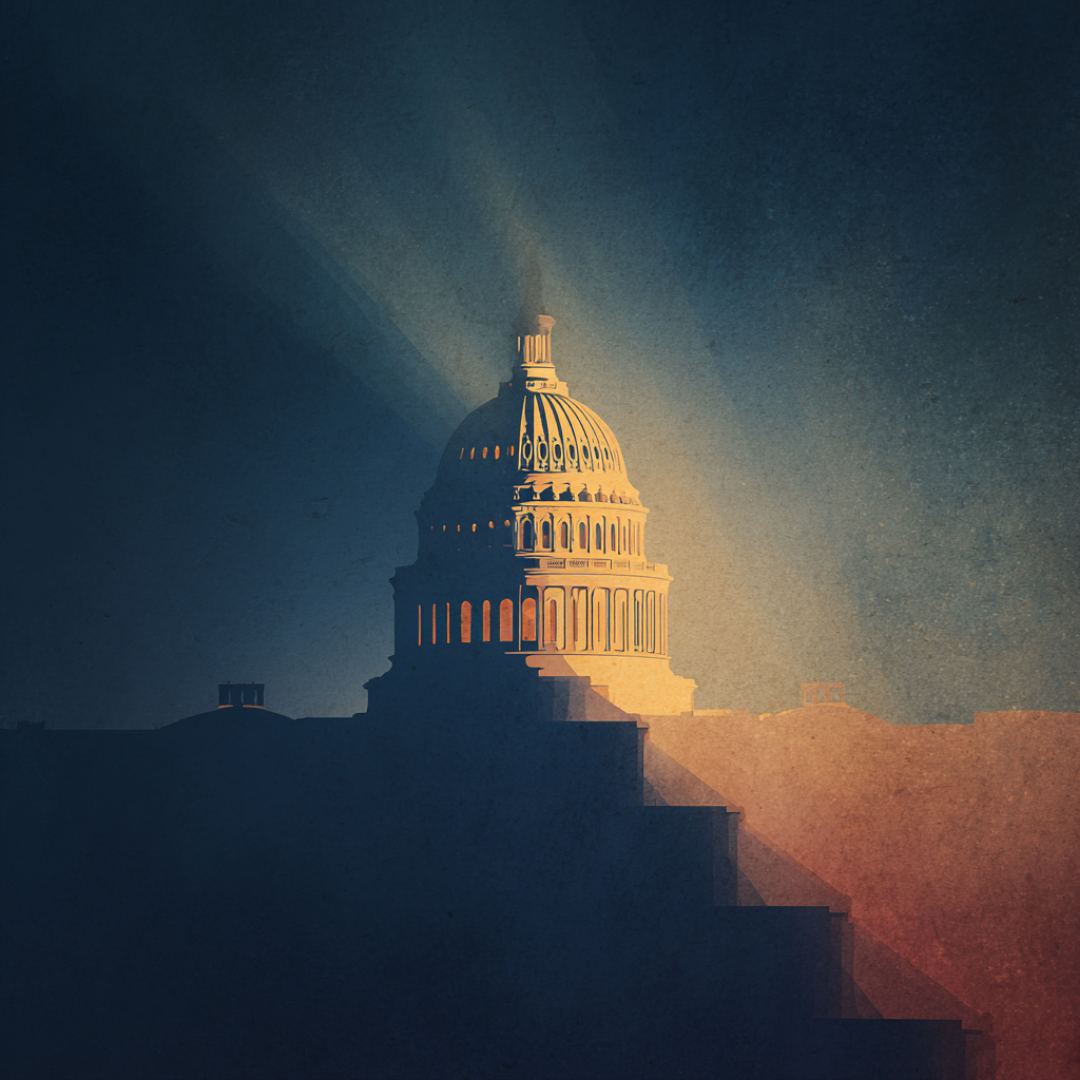
The Powers of Congress — and the Ones It Has Given Away
Congress was meant to be the most powerful branch of government — but it hasn’t kept all its powers. From declaring war to setting the nation’s budget, Article I of the Constitution gives Congress sweeping authority. Yet over time, much of that authority has shifted — to presidents, to agencies, to the courts, and even to local governments. This post breaks down what Congress can do on paper, what it has delegated in practice, and why that balance shapes how American democracy works today.
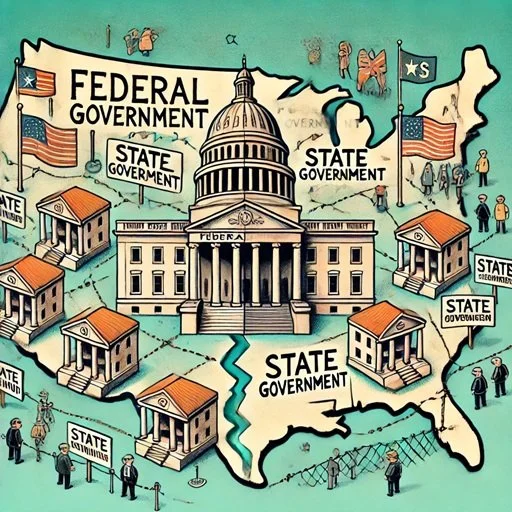
When State Laws Collide with Federal Rules: A Minnesota Story
Who has the final say—Minnesota or Uncle Sam? From cannabis legalization to education policy, state and federal governments often clash over who controls what. This post in our Road to 250 series dives into key examples of these power struggles, exploring how federalism shapes our lives and why Minnesota continues to fight for local control.

When Politics Becomes a War of Words: What Labels Really Mean
In politics, labels fly fast — “socialist,” “fascist,” “dictator,” “authoritarian.” But what do these words really mean? This post breaks down the most common political terms, from socialism and conservatism to populism and fascism. Clear definitions, no spin — so you can decide for yourself.
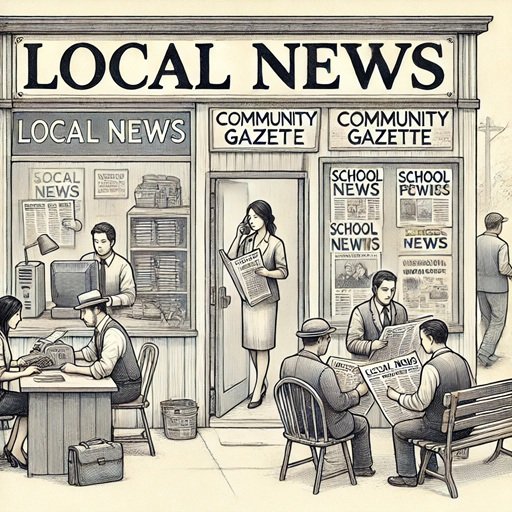
The Decline of Local Media Is Hurting Democracy—Here’s Why
What happens when your hometown newspaper disappears? Communities lose accountability, voter turnout drops, and misinformation spreads—all threatening democracy itself. This post explores why local journalism matters more than ever and highlights innovative solutions to save it before it’s too late.
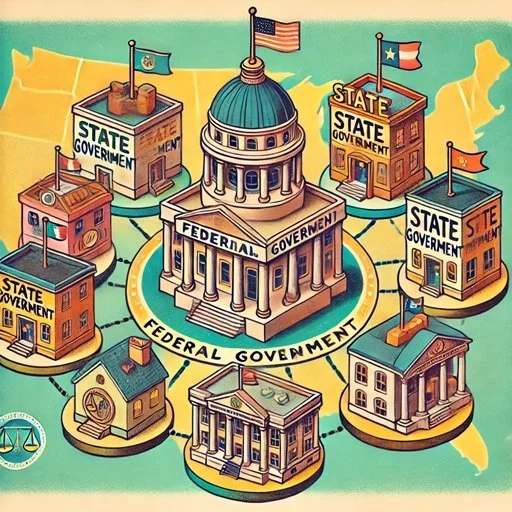
Federal vs. State Power: A Tug-of-War That Shapes America
Who holds the power—your state or the federal government? Federalism is the system that divides authority between these two levels, shaping everything from education policy to interstate commerce. This post in our Road to 250 series breaks down how federalism works, including preemption, the commerce clause, and shared powers like taxation. Learn how this balancing act impacts your daily life—and why federalism keeps our democracy dynamic.

Do Voter ID Laws Solve Problems or Create Them?
Are voter ID laws protecting democracy—or blocking access to the ballot box? In the U.S., states set their own election rules, creating a patchwork of policies that spark fierce debates about voter fraud, disenfranchisement, and fairness. This post explores how voter registration works in other countries, the role of federalism in shaping elections, and whether voter fraud is really a problem. Learn about the pros, cons, and potential solutions to strike a balance between access and integrity.

All Men Are Created Equal—But What About Women and Enslaved People?
“All men are created equal.” These words from the Declaration of Independence have inspired generations, yet their promise clashed with the realities of slavery and women’s exclusion from the start. How could a document proclaiming equality coexist with such inequality? This post in the Road to 250 series dives into the contradictions at America’s founding, exploring how reformers—from abolitionists to suffragists—used the Declaration’s ideals to fight for justice. The promise of equality remains unfinished business—and it’s up to us to continue the work.

Democracy or Republic? Why the Answer Isn’t Just Semantics
Is America a democracy or a republic — and does it matter?
You’ve heard the phrase, but the truth is more complex. This post unpacks what each term actually means, how our system is designed to work, and why labels alone don’t guarantee meaningful representation. It's not just a question of words — it's a question of power.

Advocacy vs. Lobbying: How They Work Together for Change
What’s the difference between advocacy and lobbying—and why does it matter? This post breaks down these two powerful tools for shaping public policy, exploring their unique roles, legal boundaries, and how they work together to drive meaningful change in communities nationwide. Click to learn more!

The Constitution’s Compromises: What the Founders Didn’t Get Right
The U.S. Constitution is a remarkable document, but it’s far from perfect. In this Road to 250 post, we explore its major flaws—from the Electoral College to lifetime Supreme Court appointments—and how compromises made by the Founders still impact our democracy today. Click to learn more about what they got wrong and what it means for us now!

Federalism or Fragmentation? Rethinking the Balance of Power
Do 50 states mean 50 different Americas?
Federalism gives states the freedom to govern themselves — but today, that freedom often leads to deep disparities in rights, services, and opportunity. This post examines whether our federal system still serves the people fairly — or if it’s time to rethink the balance of power.
